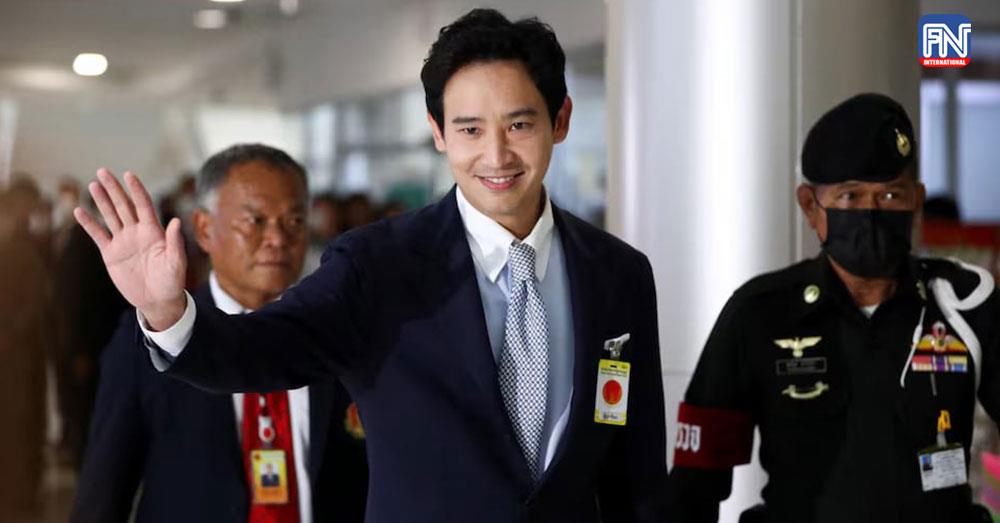BANGKOK, Aug 7 (Reuters) - Thailand's Constitutional Court on Wednesday ordered the dissolution of the popular anti-establishment opposition party, Move Forward, over its controversial campaign to amend a law that protects the powerful monarchy from criticism.
The disbandment of the 2023 election winner is the latest setback for Thailand's major political parties, which remain embroiled in a tumultuous two-decade battle for power with an influential nexus of conservatives, old money families and royalist generals.
The decision comes six months after the same court ordered Move Forward to drop its plan to reform a law on royal insults, ruling it was unconstitutional and risked undermining Thailand's system of governance with the king as head of state. Move Forward denies that.
Though the dissolution is likely to anger millions of young and urban voters who backed Move Forward and its progressive agenda, the impact of the ruling is expected to be limited, with only the party's 11 current and former executives banned from politics for 10 years.
That means 143 of its lawmakers will keep their seats and are expected to reorganise under a new party, as they did in 2020, when predecessor Future Forward was disbanded over a campaign funding violation.
If all join the same party, it would be the biggest in parliament and would be expected to continue a progressive agenda that includes military reform and undoing big business monopolies, among the policies that saw its rivals coalesce to block it from forming a government last year.
The decision comes at critical juncture in Thai politics, with cracks appearing also in an uneasy truce between the royalist establishment and another longtime rival, the populist ruling party, Pheu Thai.
The Constitutional Court will next week decide on a case brought by 40 conservative former senators seeking to dismiss Prime Minister Srettha Thavisin over his appointment to cabinet of a lawyer who served time in jail. He denies wrongdoing and says the appointment was above board.
Tycoon Srettha's case is among factors that have heightened political uncertainty and roiled financial markets, with the prospect of political upheaval if he is removed.
A new premier would need to be voted on by parliament, potentially pitting Pheu Thai against coalition partners and leading to a shakeup of the governing alliance and realignment of cabinet and policies.

Photo from Reuters